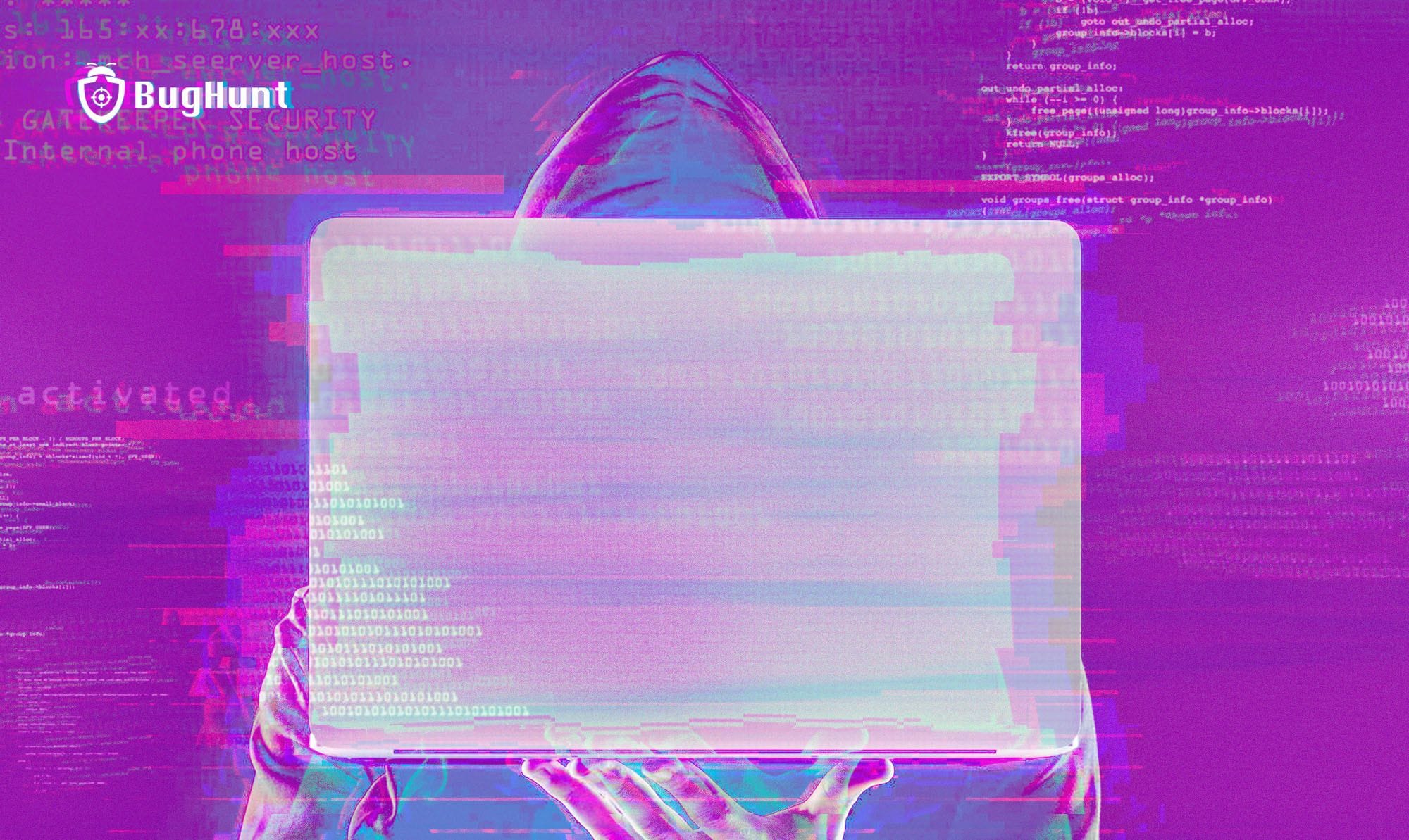Do you know what hacking really means?

You've probably heard the term hacking many times in your life, but have you ever stopped to think about what it actually means? This word is widely used but often carries a negative and limited connotation. Reduced to the idea of criminal intrusion, hacking has gained a controversial reputation, especially due to how it is portrayed in the media.
But the reality is much richer, more interesting, and yes, more positive than most people imagine. It’s about creativity, problem-solving, and security.
So, what is hacking really?
When you hear the word hacking, what comes to mind? Probably a movie scene with a hooded teenager frantically typing code in front of a screen filled with data. That’s the popular image, but it’s also a shallow reduction of what the term really means.
Hacking is, above all, about exploring systems. It could be a digital system, like software or a website, but it can also be a system of rules, a routine, or even a bureaucratic process. In other words, it means finding creative, alternative, and often undocumented ways to make something work more efficiently or reveal how something might fail.
The term originated in American universities, particularly at MIT in the 1960s. Back then, “hacks” referred to clever solutions or smart tweaks that showcased skill and out-of-the-box thinking. Over time, the term was adopted by digital culture and took on more complex meanings.
Why can hacking be a positive thing?
Today, talking about hacking is not necessarily synonymous with crime. In fact, many highly skilled professionals dedicate their careers to hacking with the goal of protecting companies, governments, and individuals. They are known as ethical hackers or security hackers.
If there’s one group that deserves special attention when we talk about hacking, it’s ethical hackers, also known as white hat hackers. Unlike the popular image of shadowy intruders, these professionals operate in the light of day.
How do ethical hackers work?
They use the same tools, techniques, and strategies as malicious hackers, but with a completely different purpose. Their job is to find vulnerabilities before someone with bad intentions does. To do this, they simulate real attacks, test the limits of an organization's digital security, and identify weaknesses with surgical precision.
More than that, they help companies fix these gaps and prevent future breaches. It's no exaggeration to say that they are the first line of defense in an increasingly digital and vulnerable world.
Their work can take several forms:
- Penetration testing (pentests): where they simulate controlled attacks to assess security strength.
- Bug bounty programs: where companies reward individuals who identify flaws in their systems.
- Security audits and consulting: involving deep analyses and strategic recommendations.
Why is it important to change how we view hacking?
The negative image many have about hacking is fueled by movies, TV shows, and sensationalist news. Whenever there’s a data breach or a cyberattack, hackers are portrayed as villains. But just like we don’t call all programmers virus creators, we shouldn’t reduce hackers to criminals.
Hacking can (and should) be understood as an act of investigation, creativity, and security. Through this lens, we can make progress in data protection, fraud prevention, and the strengthening of critical systems.
In the context of information security, understanding what hacking is also means empowering businesses and individuals. After all, recognizing the importance of ethical hacking is a step toward a safer, more transparent, and more resilient digital future.
It’s about recognizing that, when applied responsibly, hacking is a force for change. A security hacker isn’t trying to deceive anyone—they’re trying to protect you.
Hacking is about protecting, not just breaking in
The next time you hear the word hacking, remember: not every hacker is a criminal. Many of them are working right now to make sure you can browse, shop, and communicate with more confidence.
In this context, initiatives like bug bounty programs are essential. Platforms like BugHunt connect companies with cybersecurity specialists who are ready to find vulnerabilities before they’re exploited. This collaboration between ethical hackers and organizations is a vital step toward a smarter, safer digital ecosystem.
Did you enjoy this article? You can find more content like this on our social media channels to stay up to date on the most relevant cybersecurity topics.

